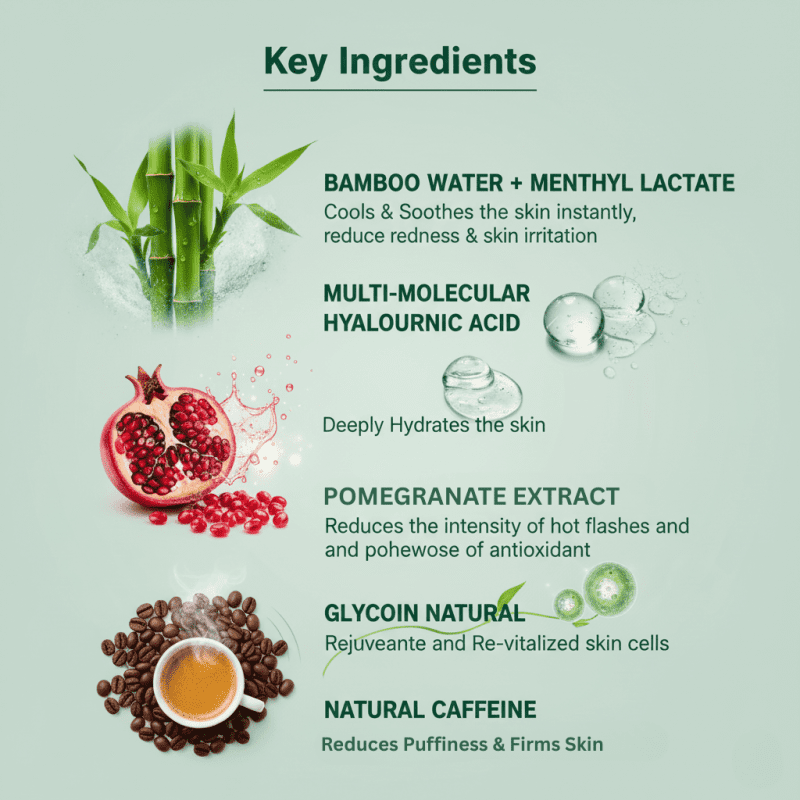
What are Irregular Periods during Perimenopause?
WORST. PERIODS. EVER? Welcome to perimenopause, the hormonal roller coaster ride on the way to menopause. Irregular periods are a common symptom of perimenopause, the years leading up to menopause. During perimenopause, periods may become shorter or longer, lighter, or heavier, and change in flow from month to month. It's also normal for periods to skip a cycle. For example, periods may skip a month and return, or skip several months and then start monthly cycles again for a few months.
99% OF WOMEN EXPERIENCE IRREGULAR PERIODS BEFORE MENOPAUSE.
Why it happens ?
During perimenopause, estrogen levels fluctuate unevenly, which can cause menstrual cycles to become irregular. When your estrogen outpaces your progesterone, your uterine lining builds, resulting in heavier bleeding. Low estrogen levels can produce lighter bleeding but shorter cycles (say, every 2 or 3 weeks). This can lead to periods that are longer or shorter than usual, with heavier or lighter bleeding. The lining of the uterus can also become thinner or thicker, which can make blood flow lighter or heavier.
Your hormone levels will determine what your period looks like each time it comes. If your estrogen levels are high, you’ll experience heavier bleeding. This can be annoying and disruptive to your life and activities, but for the most part, it’s normal. If it’s extremely heavy, check in with your doctor.
When your estrogen levels are low, you may have lighter bleeding, though this may also come with shorter cycles (say, every 2 or 3 weeks, rather than four). The color of your menstrual flow may also vary, with darker, older blood appearing towards the end of your period.
What can you do ?
Irregular periods are common during perimenopause and are usually nothing to worry about. However, you should see a doctor if you experience any of the following:
- Heavy bleeding: You need to change your tampon or pad every hour or two for two or more hours.
- Bleeding that lasts longer than 7 days
- Bleeding that happens more frequently than every 3 weeks
- Bleeding accompanied by blood clots.
- periods that are changing to become very heavy.
- Spotting or bleeding after your period.
- You experience spotting after sex.










